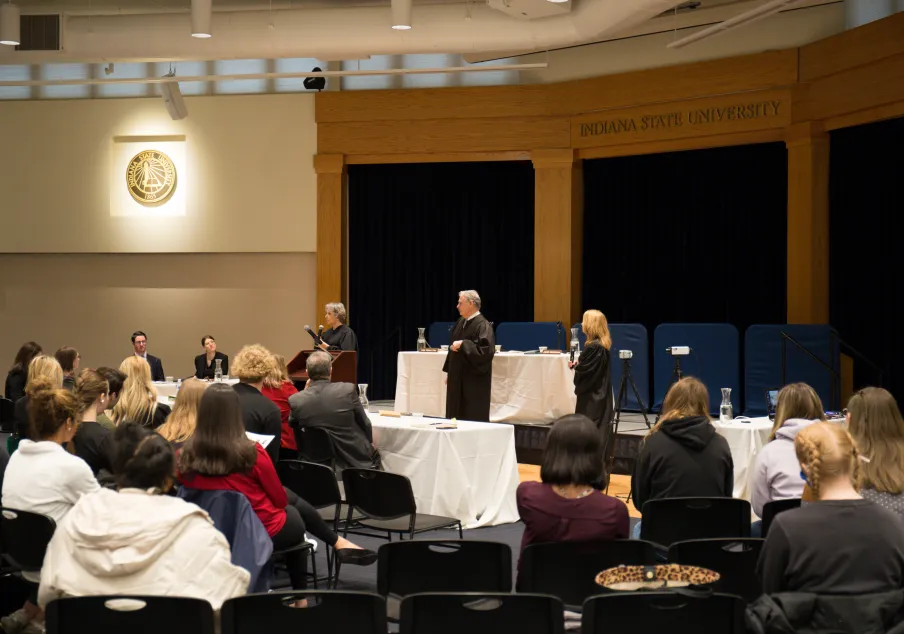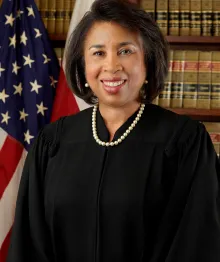Beyond civics education: A health & wellness guide for public trust
Embracing a new approach to increasing public trust: A health & wellness guide
This guide addresses the decline in public trust toward state courts and offers actionable strategies for courts to engage communities, enhance transparency, and rebuild confidence in the justice system.
Who should read this?
- Court administrators & judges: Implement strategies to improve public engagement and trust
- Policy makers & legal educators: Understand the factors contributing to public perception and address them effectively
- Community leaders & advocates: Collaborate with courts to foster transparency and accountability
Why this report matters
Public trust in the judiciary is essential for the effective functioning of the legal system. This report provides a roadmap for courts to move beyond traditional civics education, emphasizing direct community engagement and proactive transparency to bridge the trust gap.
Estimated report reading time: 15 minutes

A new approach to public engagement
The judiciary faces a critical challenge: bridging the widening trust gap with the public. This report advocates for a paradigm shift from traditional civics education to active community engagement. By showcasing the courts' role in addressing local issues and maintaining transparency, we can rebuild public confidence in the justice system.
Key report takeaways
The trust gap
There's a significant disconnect between court operations and public perception, necessitating a shift in engagement strategies.
Beyond traditional education
While civics education is vital, courts must actively demonstrate their role in justice through community involvement.
Actionable strategies
The report outlines steps like enhancing transparency, showcasing problem-solving initiatives, and leveraging modern communication platforms.
The state of public trust
of respondents believe courts provide equal justice to all, down from 62% in 2014.
feel that courts are becoming increasingly political.
decline in public trust in state courts since 2020.
Voices on public trust

We're learning that focusing on civics education as the only solution to the public trust crisis is not a sustainable strategy.
Chief Judge Anna Blackburne-Rigsby
District of Columbia Court of Appeals

Many Americans believe there are two systems of justice in America – one for the wealthy and well-connected and one for everyone else.
Marcia M. Meis
Director, Administrative Office of the Illinois Courts
Going beyond civics education
Dive deeper into strategies and insights on restoring public trust in the judiciary.
Explore more
Public trust & confidence
Inspiring deep public trust in courts through communication, collaboration & community engagement.
Civics education
Fostering a deeper understanding of the judicial system through civics education.





